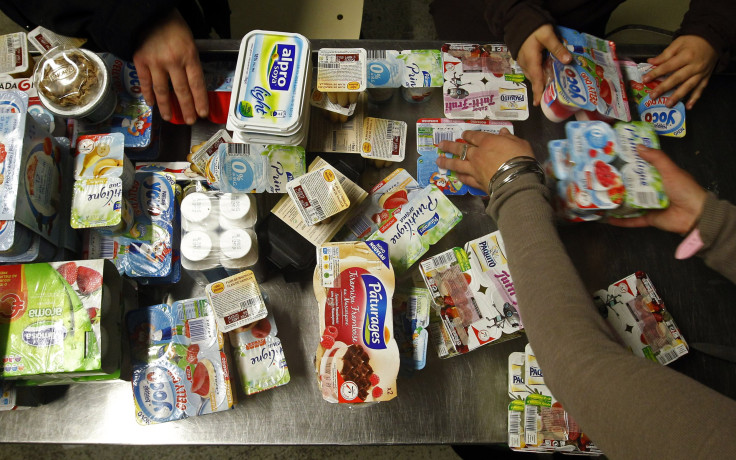Regular Intake Of Yogurt Does Not Affect Health In Any Way, Research Confirmed

A Spanish study revealed that there is no association between eating yogurt and improved overall health. Although dairy products are highly recommended in an individual’s daily intake, the analysis of more than 4,000 study subjects concluded that yogurt does not contribute to the quality of life.
Although yogurt has long been recommended by health sectors to be a part of one’s daily nutritional intake, very few evidence-based studies clearly defined its specific benefits. Now, a new study investigated the relationship of yogurt consumption and physical and mental development in relation to health-related quality of life, or HRQL.
The researchers from the Autonomous University of Madrid analysed the the SF-12 survey test scores of 4,445 Spanish adults in comparison to their yogurt intake for a period of over 3.5 years. "The regular consumption of yogurt was not linked to health-related quality of life," explained the study leader, Esther López-García. "For future research more specific instruments must be used which may increase the probability of finding a potential benefit of this food."
The study also included participants with no diagnosed diseases, had never smoked, and consumed a Mediterranean diet. It was found that no one from this population was influenced by yogurt consumption. The findings of the study was published in the Journal of the Academy of Nutrition and Dietetics.
If the researchers were to compare the difference in the test scores of yogurt consumers and non-consumers, no notable findings can be extracted on the physical health aspect of the quality of life. Although there were slight progresses in mental health, the scores were far from being statistically meaningful, López-García added.
It must be noted, however, that the nutritional properties of food items must be scientifically assessed according to the rules of the European Food Safety Authority. Likewise, the US Department for Agriculture performs an evaluation of the proposed claims of the food industry used for marketing and business objectives. With the new study, agencies like the ones mentioned above should be prompted to reevaluate the statements made by manufacturers offering dairy goods.
To email the writer email rinadoctor00@gmail.com.





















